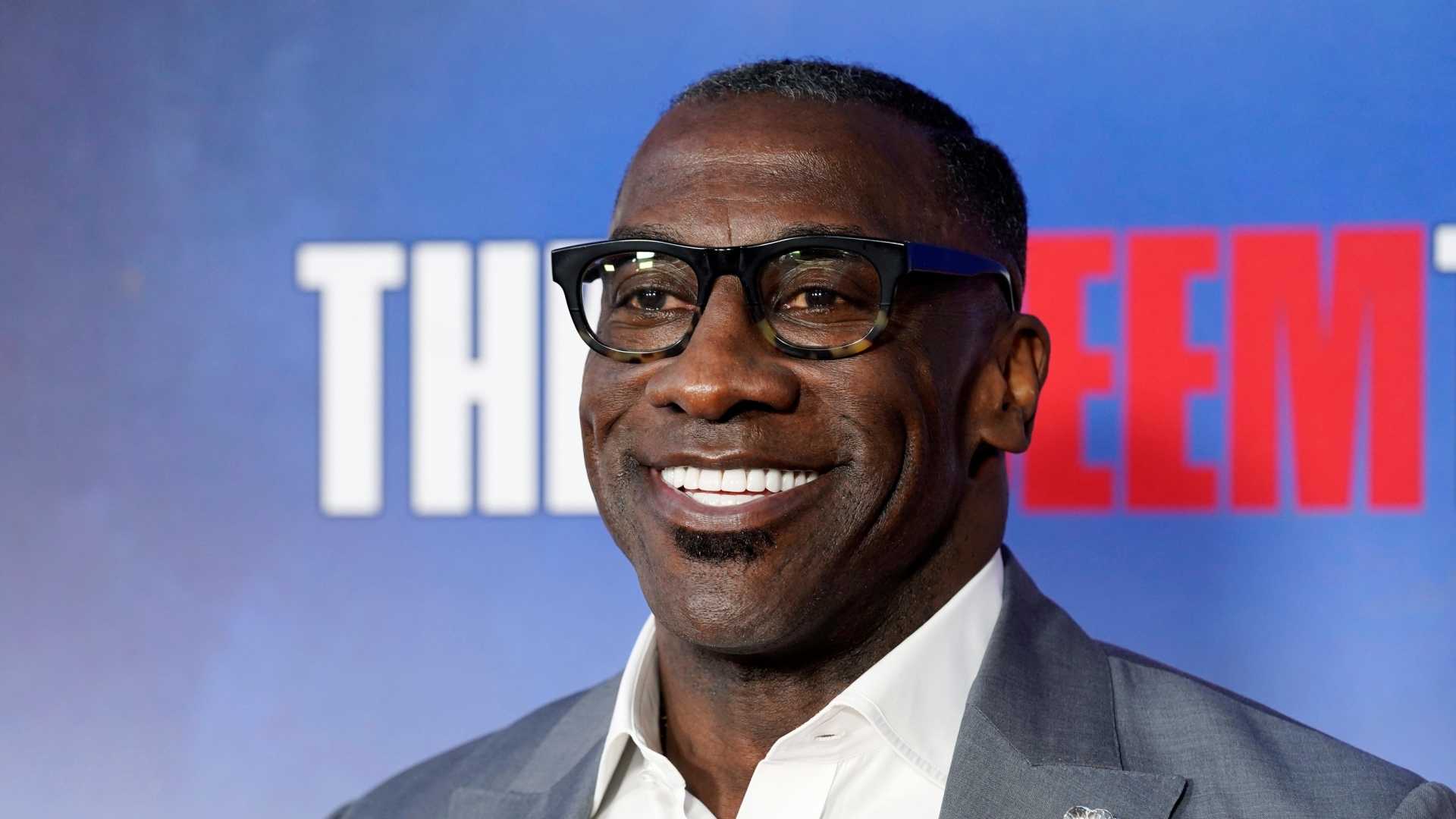Sports
Shannon Sharpe Settles $50 Million Lawsuit Amid Controversy

Los Angeles, California – Pro Football Hall of Fame member Shannon Sharpe has settled a lawsuit involving allegations of rape and sexual assault, his attorney announced on Friday. The lawsuit, filed by a woman identified as Jane Doe, sought $50 million in damages and was dismissed with prejudice, meaning it cannot be refiled.
Attorney Tony Buzbee, who represented the plaintiff, stated, “All matters have now been addressed satisfactorily, and the matter is closed.” Although the details of the settlement were not disclosed, Buzbee indicated that both parties acknowledged a complex relationship that included both consensual and tumultuous elements.
The lawsuit was filed in April in Clark County, Nevada, and the allegations included incidents that purportedly occurred in Sharpe’s Las Vegas apartment between October 2024 and January 2025. Sharpe, 57, described the allegations as “false and disruptive” at the time of the lawsuit’s filing.
Sparking significant media attention, the lawsuit led Sharpe to step away temporarily from his role as an ESPN commentator. He later confirmed plans to return ahead of the upcoming NFL preseason.
Sharpe first met his accuser in 2023 at a gym in Los Angeles when she was just 20 years old. The former NFL tight end was accused of misconduct during their relationship, which spanned nearly two years. In response to legal claims that include sexual battery and emotional distress, Sharpe’s legal representation has consistently denied all allegations.
Sharpe, noted for his successful NFL career with the Denver Broncos and Baltimore Ravens, has remained active in media following his retirement. He was inducted into the Pro Football Hall of Fame in 2011 and is a recognized figure in sports commentary.
As the lawsuit concludes, the focus remains on the impact of its revelations and the future of Sharpe’s career at ESPN. While he continues to engage his audience through social media and podcasts, the legal and personal ramifications of this case will likely resonate in discussions around consent and accountability in sports.












